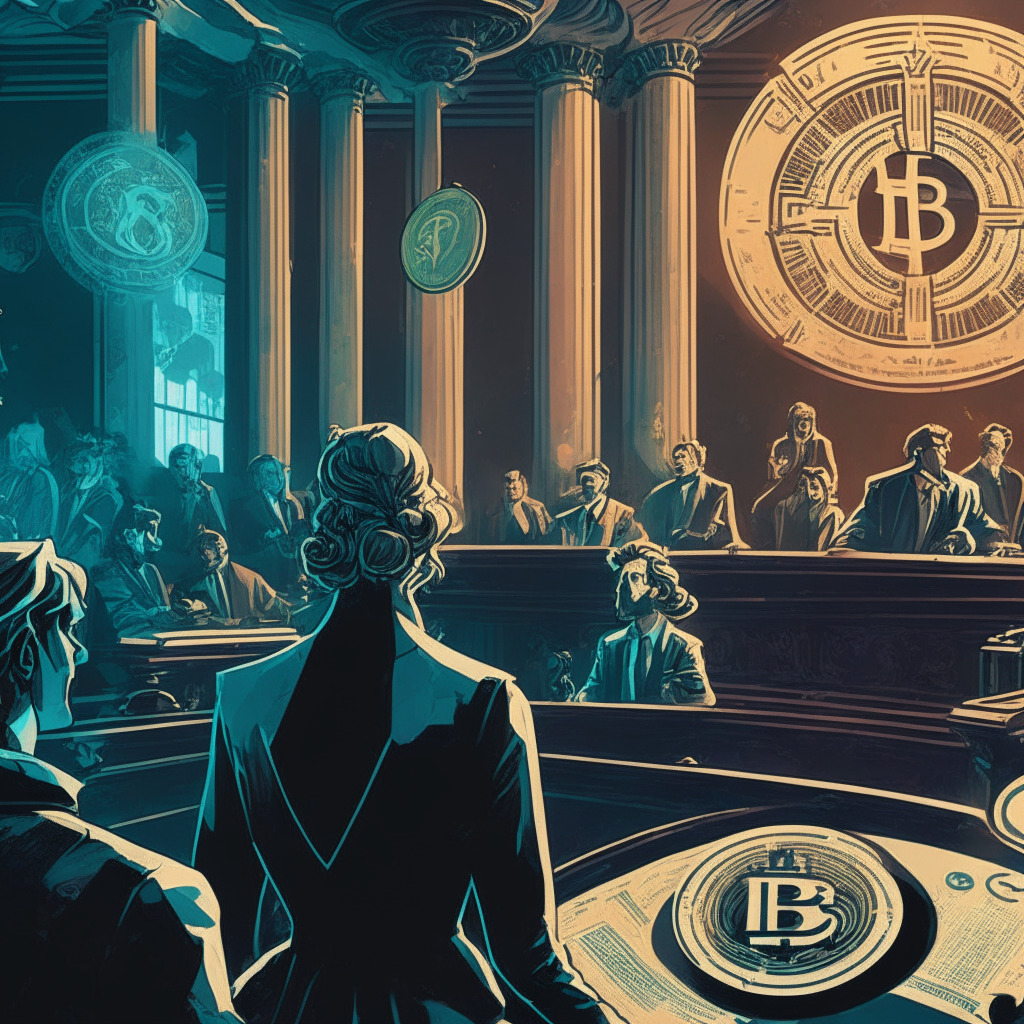Just hours after being charged by the SEC for alleged securities law violations, Coinbase Chief Legal Officer Paul Grewal found himself facing questions on crypto market regulation from the House Agriculture Committee. Several industry members and former regulators also appeared in a witnessing panel during the hearing.
While specific allegations against Coinbase were not discussed, the hearing covered topics addressed in the SEC’s complaint, such as token classification and exchange registration. Many industry insiders, including Grewal, believe regulation by enforcement is not an appropriate way to govern a market, protect customers, or promote innovation. Instead, these insiders are urging Congress to create comprehensive legislation to fill gaps in current regulation.
One argument raised by Grewal is that despite allowing Coinbase to go public via direct listing in 2021, the SEC does not provide a clear path towards compliance. After undergoing extensive vetting, Grewal suggested the SEC’s complaint and lack of regulatory clarity are forcing the crypto sector to invest its resources outside of the United States.
Similar frustration was expressed by Robinhood chief legal compliance and corporate affairs officer Dan Gallagher. After attempting to register as a special-purpose broker-dealer during a 16-month process, the SEC ended the effort in March without any results. Gallagher noted that without major regulatory relief and changes in the securities markets, it’s impossible to trade certain assets on an SEC-registered broker-dealer platform.
Tokens like Solana (SOL), Cardano (ADA), and Polygon (MATIC), all named in both Coinbase and Binance lawsuits, are currently available for purchase on Robinhood’s crypto platform. The examples show there’s a meeting point to be found between crytocurrency businesses and regulations, but a more transparent framework is needed.
Many panelists, lawmakers, and executives agree that the best way to protect consumers and foster innovation in the crypto market is for Congress to take immediate action. A comprehensive approach, rather than a regulation-by-enforcement strategy, would help address current regulatory gaps and provide clarity to crypto businesses.
The debate over the SEC’s approach and the need for comprehensive legislation highlights the conflicting perspectives on crypto regulation—whether the industry should primarily self-govern or have external oversight. As growth in the crypto market continues, striking a balance between regulation and innovation will remain a critical challenge.
Source: Blockworks




